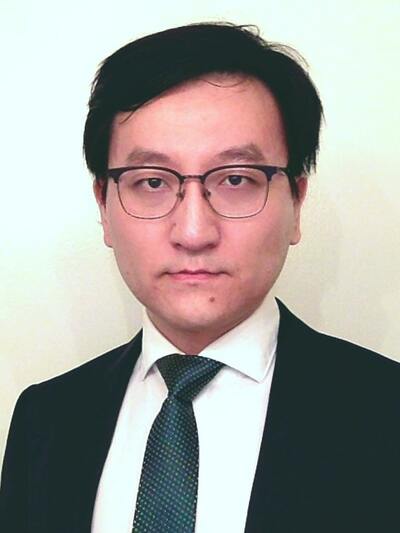Mechanical and Aerospace Engineering Advising Office

Dr. Ran Sui
Assistant Professor of Mechanical and Aerospace Engineering
Wednesday - April 14, 2021
5:00 PM CST
Catalytic combustion - towards efficient and clean energy generation
Abstract:
Catalytic combustion is of main interest in many industrial applications including power generation, emission control, fuel processing, chemical synthesis, fuel cells and microreactors. In this seminar, the fundamental principles, applications and major research problems of catalytic combustion will be briefly reviewed, followed by two examples of cutting-edge research projects. First, the catalytic partial oxidation (CPO) of CH4 over Rh and Pt catalysts for syngas (H2 and CO) production will be discussed, which was investigated using advanced laser diagnostics and simulations. The vigorous gas-phase combustion over Rh substantially reduced the oxidation zone length such that CPO reactors can be more compact and efficient. Subsequently, the kinetic interactions between H2 and CO over PdO catalyst will be discussed. Reaction parameters were extracted from wire microcalorimetry experiments, based on which a detailed syngas chemical reaction mechanism was developed. Comparisons of heat release rates of different H2/CO blends revealed a complex inhibiting/promoting kinetic interplay between H2 and CO oxidation on the catalyst surfaces, which sets the stage for further design and optimization of syngas catalytic combustion systems.
Brief Bio:
Dr. Ran Sui is an assistant professor of Mechanical and Aerospace Engineering at Missouri University of Science and Technology. He received his Ph.D. degree in 2017 from ETH Zurich, working in catalytic combustion and microreactors for portable power generation. He received the "Distinguished Paper Award" of the Combustion Institute in 2017 and a Postdoctoral Fellowship of the Swiss National Science Foundation in 2018. Aiming at the utilization of environment-friendly alternative fuels and the emission control of combustion systems, his main research interests lie in the kinetics of catalytic combustion, the coupling between hetero-/homogeneous thermochemical processes, and the related computational methods and experimental diagnostics.

Follow Mechanical and Aerospace Engineering